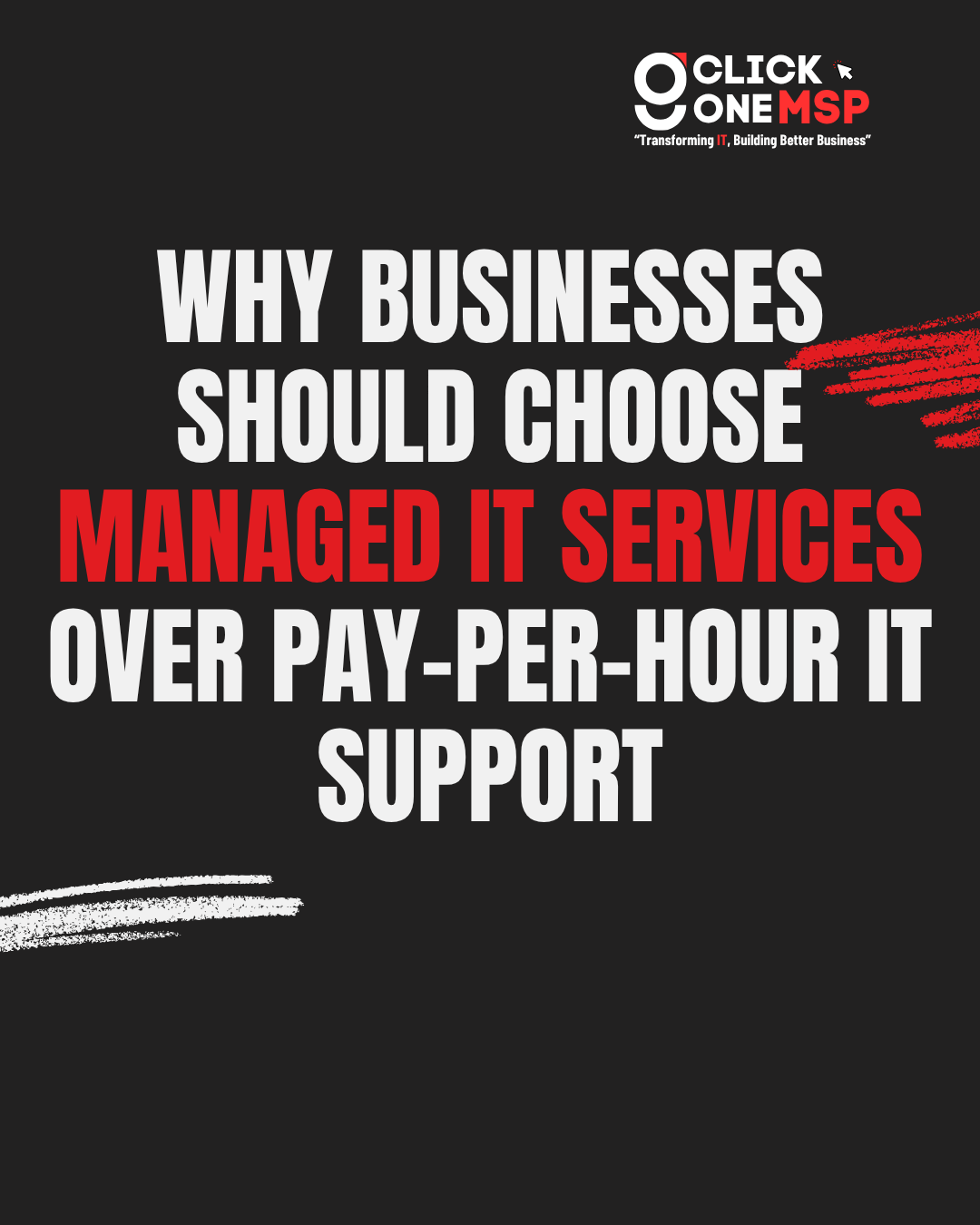Healthcare leadership is a critical component of the healthcare industry, as it plays a vital role in shaping the future of healthcare delivery and patient outcomes. Effective leadership in healthcare requires a unique set of skills and strategies to navigate the complex and ever-changing landscape of the industry. In this article, we will discuss some key strategies for success in healthcare leadership, with a focus on leadership development.
One of the most important strategies for success in healthcare leadership is continuous learning and development. Healthcare leaders must stay up-to-date on the latest trends, technologies, and best practices in the industry in order to effectively lead their teams and organizations. Leadership development programs can help healthcare leaders enhance their skills and knowledge, and stay ahead of the curve in an increasingly competitive and fast-paced industry.
Another key strategy for success in healthcare leadership is effective communication. Healthcare leaders must be able to communicate clearly and effectively with their teams, colleagues, and stakeholders in order to build trust, foster collaboration, and drive positive outcomes. Strong communication skills are essential for healthcare leaders to inspire and motivate their teams, resolve conflicts, and navigate complex situations.
In addition to communication, healthcare leaders must also possess strong emotional intelligence. Emotional intelligence is the ability to recognize and manage one’s own emotions, as well as the emotions of others. Healthcare leaders with high emotional intelligence are better equipped to build strong relationships, make sound decisions, and lead with empathy and compassion. Leadership development programs can help healthcare leaders enhance their emotional intelligence and become more effective leaders.
Another important strategy for success in healthcare leadership is strategic thinking. Healthcare leaders must be able to think critically, analyze data, and make informed decisions in order to drive positive outcomes for their organizations. Strategic thinking involves setting clear goals, developing action plans, and monitoring progress towards achieving those goals. Healthcare leaders who possess strong strategic thinking skills are better equipped to navigate the complexities of the healthcare industry and drive innovation and growth.
In conclusion, success in healthcare leadership requires a combination of skills, strategies, and qualities. Leadership development programs can help healthcare leaders enhance their skills and knowledge, and become more effective leaders. By continuously learning and developing, communicating effectively, possessing emotional intelligence, and thinking strategically, healthcare leaders can drive positive outcomes for their organizations and make a meaningful impact on the healthcare industry.
——————-
Article posted by:
Leadership Within
https://www.withinleader.com/
Sloughhouse, United States
Unlock the secrets to exceptional leadership within at withinleader.com. Explore expert advice, valuable insights, and practical tips to elevate your leadership skills and drive success in your organization. Join our community of leaders striving to make a positive impact in the world. Dare to lead from within at withinleader.com.











